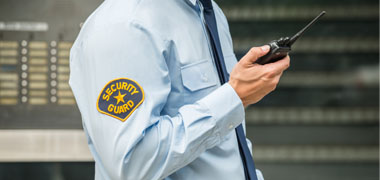
This role has a low level of AI exposure. Core skills such as adaptability, social intelligence, and complex physical tasks remain beyond the capabilities of current AI.
Explore all careersA Drone Operator flies unmanned aerial vehicles for various purposes, including photography and surveillance, while ensuring safety and maintaining equipment.
Get qualified to work as a Drone Operator with a course recognised across Australia. Speak to a training provider to learn more.
Browse occupations related to Drone Operator
In Australia, a full time Drone Operator generally earns $1,800 per week ($93,600 annual salary) before tax. This is a median figure for full-time employees and should be considered a guide only. As you gain more experience you can expect a potentially higher salary than people who are new to the industry.
 Courses.com.au Team
Courses.com.au Team
This number of people working in this industry has remained stable over the last five years. There are currently 1,200 people employed in this field in Australia, and many of them specialise as a Drone Operator. Drone Operators may find work across all regions of Australia.
Source: Australian Government Labour Market Insights
 Courses.com.au Team
Courses.com.au Team
If a career as a Drone Operator interests you, consider enrolling in a Certificate III in Aviation (Remote Pilot – Visual Line of Sight). This course covers a range of topics including navigation skills, operating an aeronautical radio, understanding drone regulations, abnormal flight situations and info-technology devices. A Certificate II in Aviation (Remote Pilot) may also be appropriate.
 Courses.com.au Team
Courses.com.au Team



A Drone Operator flies drones and other unmanned aerial vehicles for a range of purposes. You might use drones to take photographs, take measurements or make deliveries of small items. Drone Operators also specialise in areas such as checking powerlines or conducting surveillance. You may have to perform repairs and maintenance on your equipment when required.
Drone Operators should have excellent technical abilities and be able to adapt their skills for a range of circumstances. You should be able to follow correct procedures and adhere to relevant safety standards. Drone Operators should have strong situational awareness and good problem solving abilities.